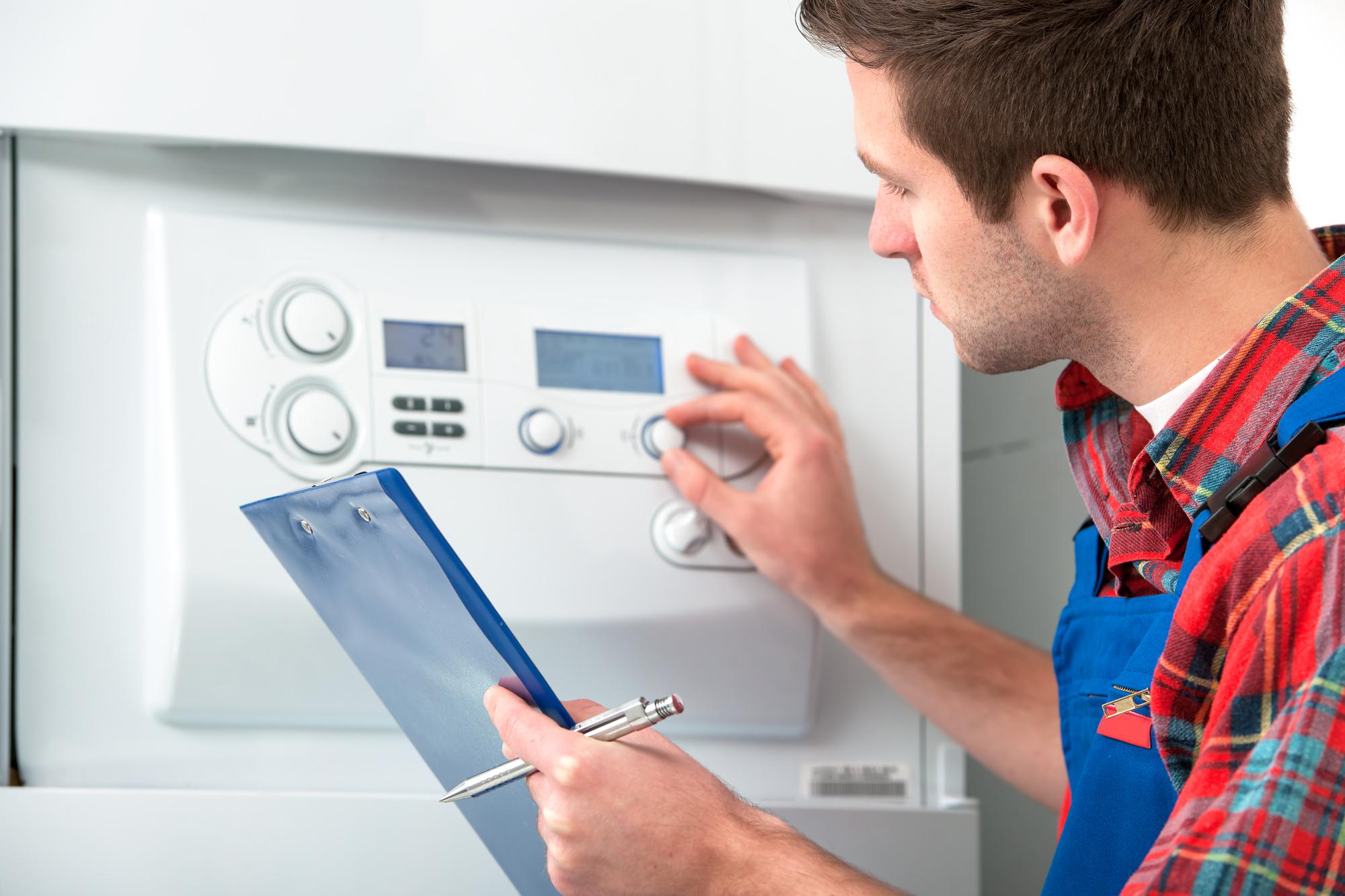How Many Types of Hot Water Systems Are There?
- Written by Samantha Ball

Imagine waking up on a cold winter morning, hopping in the shower, and the first thing you feel is an icy stream of water running down your back. What a way to start the day, right? Well, it doesn't have to be that way; you can easily install a hot water system.
The question is, what type of hot water system? There are 4 types of hot water systems you need to know about in order to choose the best one. Why don’t you take a look and find out what type of hot water system works best for you?
-
Electric Heaters
Electric heaters come with one to two heating elements. These elements work on M or J Tariff. Electric heaters with a single heating element come with either M or J Tariff, while those with two elements (Twin Element Heaters) come with both.
M Tariff ensures that the element in the heater receives power from an electrical connection to keep the heater in the tank working all day and night. J Tariff, on the other hand, only works on off-peak electricity at night.
In a twin element water heater, the J Tariff, usually at the bottom of the tank, works all night. The M Tariff, which is generally at the top, works as a boost to heat up the water in the tank when need be.
-
Solar Heaters
Solar heaters use solar collector panels on the roof to absorb energy from the sun and transport that power to the tank, thereby heating the water.
There are several ways to mount a solar water heater. One way is to mount both the panels and tank on the roof. Another is to mount the panels on the roof and the tank at ground level.
The method for transferring the sun’s energy to the tank vary between brand and type of heater. All methods work, but some work better than others in certain climates.
-
Gas Heaters
A gas heater works to heat water in a tank using natural gas or liquid petroleum gas (LPG). Unlike some electric heaters, a gas heater can work at any time of the day to maintain water temperature in the tank.
A gas heater storage tank has an opening for water supply through mains at the bottom of the tank. The tank has an inbuilt thermostat that ensures the temperature of the water is optimal. If not, it works to increase the temperature until it reaches an adequate level.
-
Heat Pump Heaters
In a heat pump heater, the heat pumps extract heat from the air surrounding the heater via an evaporator. This evaporator has a refrigerant with a very low boiling point.
The heat, which the heat pumps extract, is enough to boil the refrigerant into a gas. The gas passes through a compressor and generates a lot of heat there. This same hot gas goes through piping around the water tank known as the heat exchanger.
All the heat this process generates goes into the water through the exchanger. Once that happens, the gas cools down, becomes a liquid again, and the heating cycle begins anew.
The Bottom Line
Now that you know how many types of hot water systems there are, selecting one should be a breeze. Say goodbye to icy showers in the morning.





